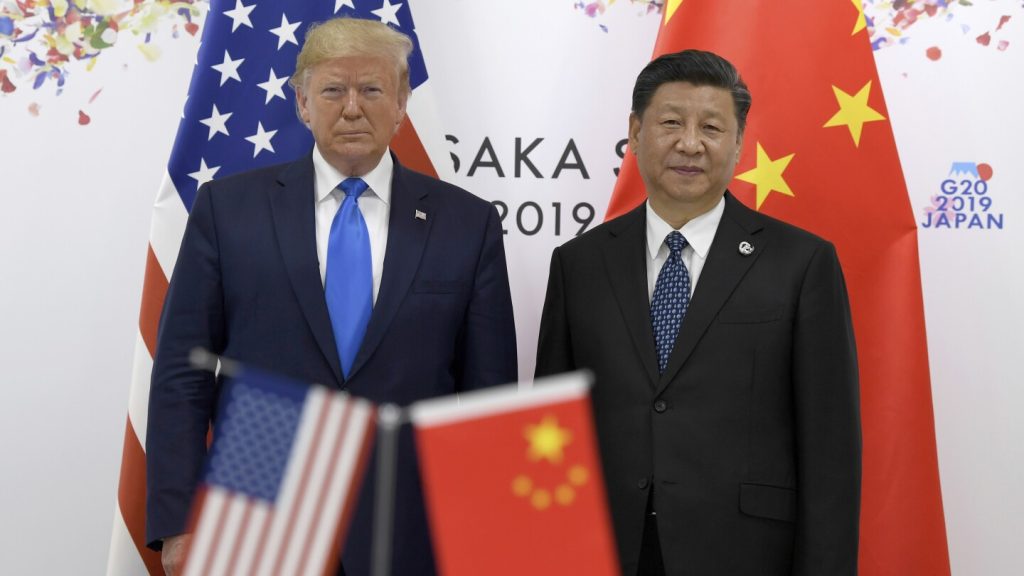WASHINGTON (AP) — One leader visited the United States, while another traveled to China, highlighting the current global dynamics.
During a recent visit to Washington, the Swiss president sought to persuade U.S. officials regarding President Donald Trump’s threatened 31% tariff on Swiss imports, while the Swiss foreign minister was in Beijing discussing their country’s commitment to enhance ties with China and revisit a free trade agreement.
As Trump’s trade war escalates, leading to heightened tensions between the world’s two largest economies, America’s concerned allies are aligning more closely with China as a strategic safeguard. This shift upends a decade of U.S. foreign policy aimed at uniting allies against China and gives Beijing increased negotiating power in future discussions with Washington.
Rising Tariffs on Chinese Goods
Trump has delayed implementing some of the steepest tariffs on U.S. partners following a downturn in global financial markets. However, tariffs on Chinese goods have surged to 145%, provoking backlash from Beijing, which has pledged to “fight to the end.” American businesses are warning of price increases, suggesting Trump could face inflation and product shortages.
China’s Strategic Moves
In response to Trump’s policies, China is seeking to expand its influence globally. By positioning itself as a stabilizing and reliable trade partner, it aims to strengthen ties with countries amidst the ongoing trade tensions. Singaporean Prime Minister Lawrence Wong noted the competitive clash for global dominance between the U.S. and China, with each aiming to align countries with their own interests.
The Dilemma for Other Nations
Countries worldwide face a challenging scenario as they strive to maintain economic ties with both the U.S. and China. Matthew Goodman from the Council on Foreign Relations explained that nations need to stay engaged with China for resources while also relying on the U.S. market. As China engages with various nations, including Japan and several Southeast Asian countries, the U.S. struggles to solidify its partnerships.
China’s Resilience
China’s leadership has indicated its preparedness for potential fallout from the trade war. Analysts believe that despite rising costs to its economy, China will endure, highlighting its historical resilience throughout various challenges. Xi has actively engaged with other leaders, reinforcing China’s commitment to open trade and cooperation, even as tensions with the U.S. escalate.
A Different Economic Landscape
The shifting global trade dynamics indicate a growing confidence in China’s role, as many nations reassess their reliance on the U.S. Amid ongoing tariffs and trade negotiations, China continues to advocate for multilateralism, potentially reconfiguring the global economic landscape.



